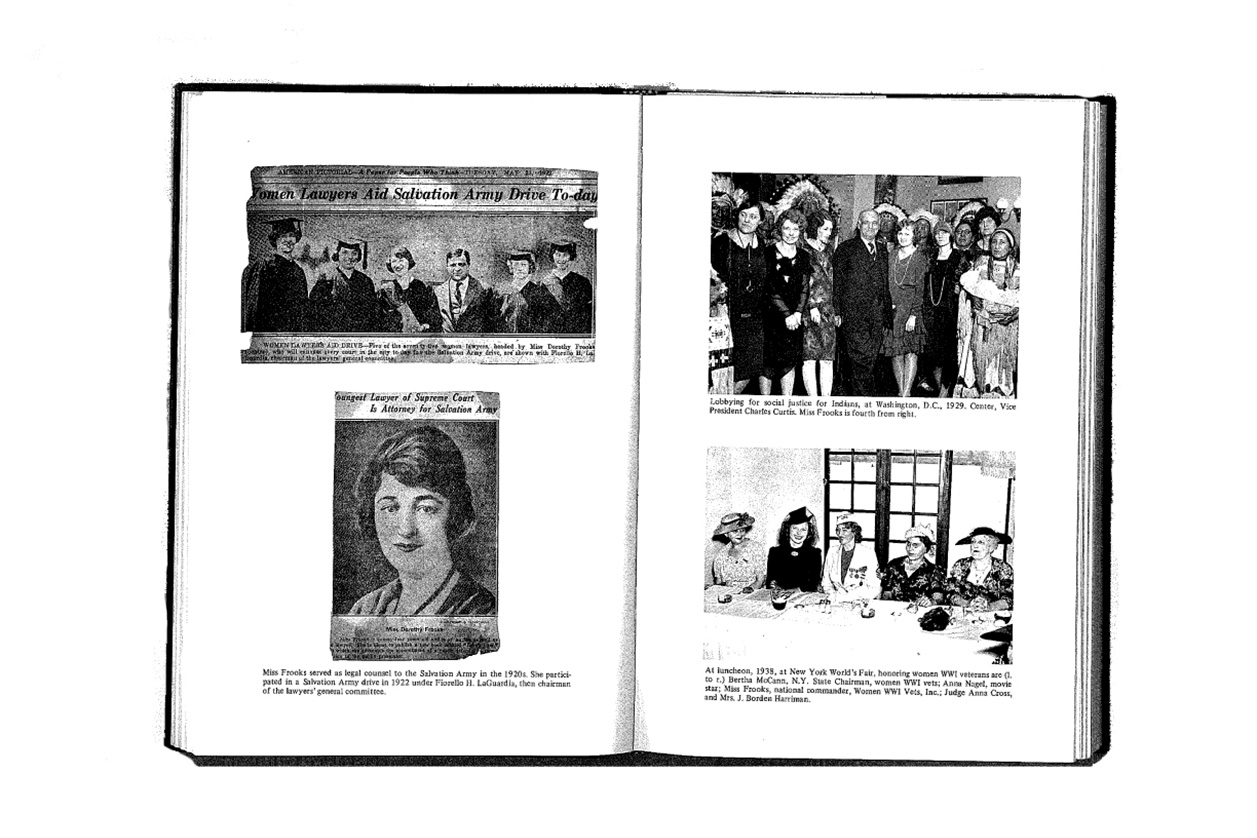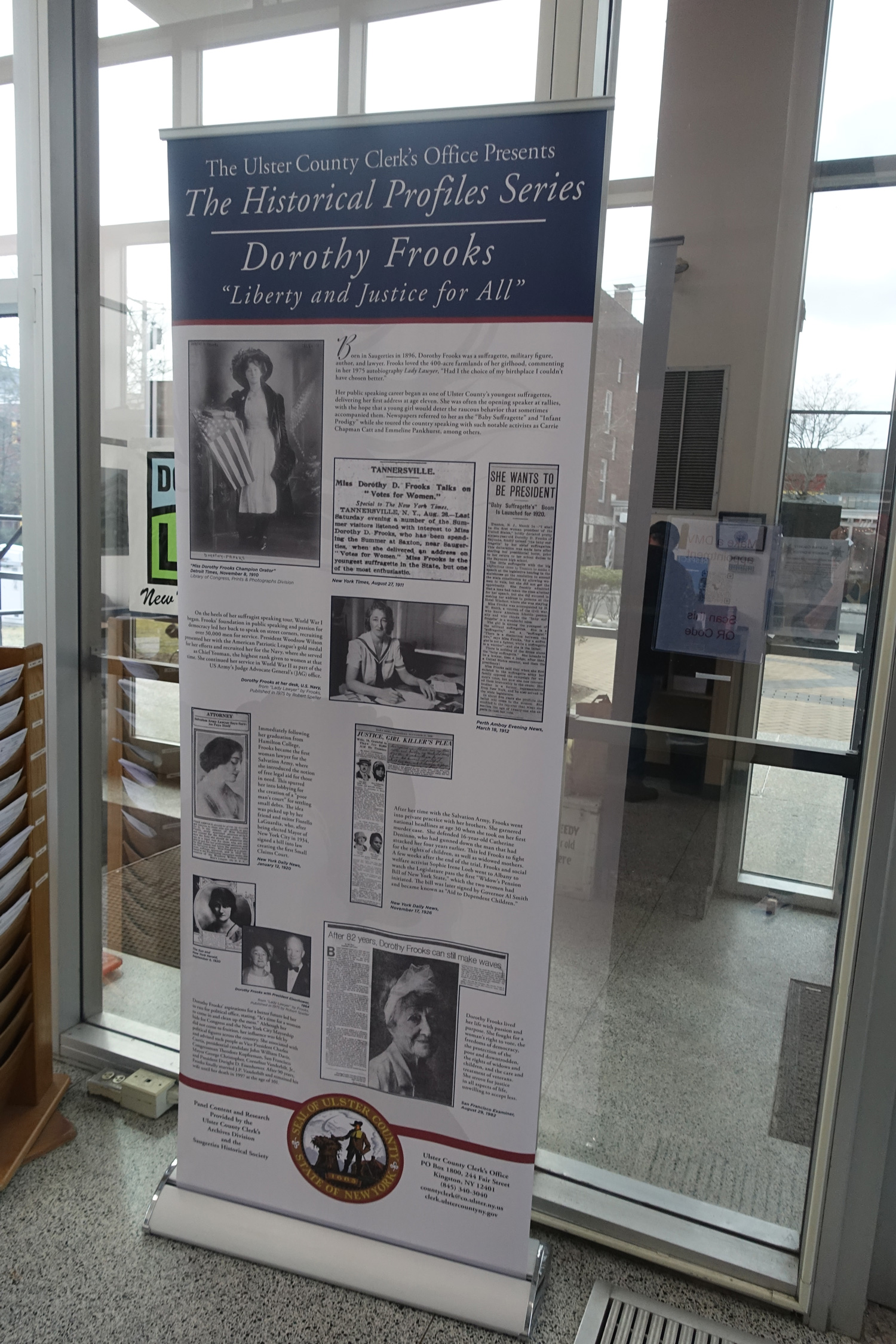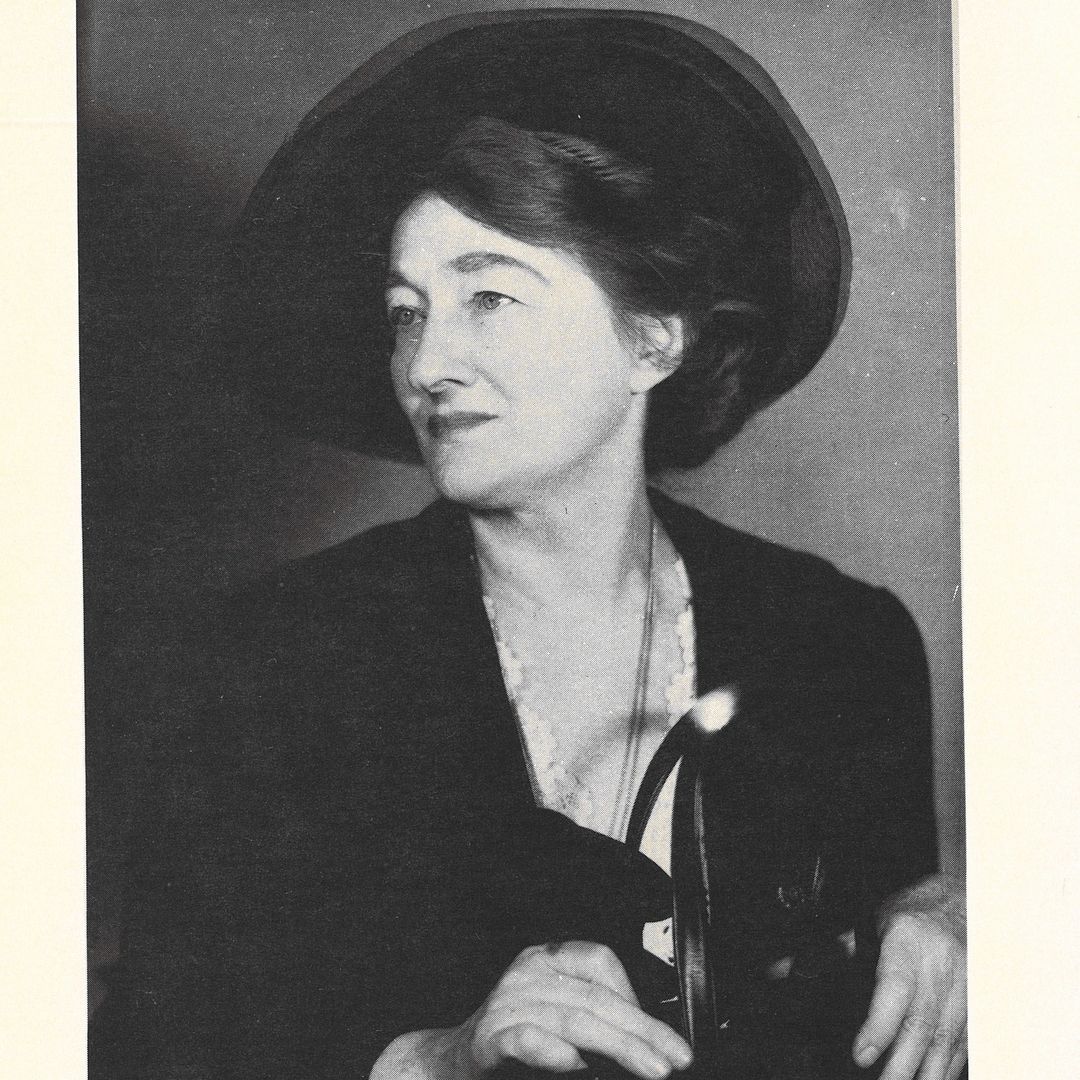
New York county honors Dorothy Frooks
by Robert Mitchell
Salvationists know Dorothy Frooks as The Salvation Army’s first full-time lawyer, but she was so much more—a suffragette, military figure, writer, publisher, political candidate, and champion for legal services for the poor.
Ulster County, N.Y, decided to honor Frooks (1896-1997) with a display on the first floor of the county office building in celebration of Women’s History Month. The display, Dorothy Frooks—Liberty and Justice for All, remains up through the end of March.

Frooks was born on a 400-acre farm near upstate Saugerties, N.Y., in northern Ulster County.
“Had I the choice of my birthplace, I couldn’t have chosen better,” she wrote in one of her numerous books, “Lady Lawyer,” published in 1975.
Frooks was speaking out about women’s suffrage as early as age 11. Newspapers of the day dubbed her “Baby Suffragette.” In 1911, the New York Times called her “the youngest suffragette in the state, but one of the most enthusiastic.”
During World War I, she spoke on street corners and persuaded more than 30,000 men to volunteer for service. President Woodrow Wilson awarded her the American Patriotic League’s gold medal for her efforts and recruited her to the U.S. Navy, where she served as chief yeoman. She also served in the U.S. Army’s Judge Advocate General’s (JAG) office during World War II.
After graduating from Hamilton College in the 1920s, Frooks became the first full-time woman lawyer for The Salvation Army. Working alongside The Salvation Army’s charismatic General Evangeline Booth, Frooks focused on free legal aid for the poor. She also lobbied for a “poor man’s court” and was instrumental in passage of the first Small Claims Court in New York City.
“It was during the war years that I had encountered the work of The Salvation Army,” Frooks writes in “Lady Lawyer.”
“I had observed the practical idealism which the organization gave in a material way. The concern was never mercenary, and justice was free for everybody. We must have sought each other out, for I stepped into National Headquarters on West 14thStreet and met [General] Evangeline Booth.”
Frooks first pitched her idea of a free legal bureau to Booth, who would be instrumental in its creation. While at The Salvation Army, Frooks served with a young Fiorello LaGuardia as the co-chair of the fundraising committee.
Booth and Frooks joined forces to create a Small Claims Court, and when LaGuardia became mayor of New York City in 1934, he signed the bill making it possible. Frooks gives readers a behind-the-scenes look into the process in “Lady Lawyer.”
Along the way in her illustrious career, Frooks also tried her hand at politics but was never elected. In 1920 and 1934, she ran unsuccessfully for Congress, the first time as a member of the Prohibition Party. Frooks also ran for the mayorship of New York City and advised several politicians, including President Dwight Eisenhower.

Frooks went into private law practice with her brothers after her time with The Salvation Army. A prolific writer, she wrote for the New York Evening World and many other publications during her career.
Ulster County Clerk Nina Postupack said Frooks was a “passionate advocate for liberty and justice, fighting for the rights of children, widowed mothers, and various other causes.”
“Dorothy Frooks was a fearless advocate for justice, an inspiring public speaker, and a trailblazer for women in law and the military,” Postupack said. “Her tireless efforts to fight for the rights of the underprivileged and oppressed continue to inspire us today.”
After 90 years as a single woman, Frooks married Jay P. Vanderbilt in 1986 and the couple remained married until she died in 1997 at age 101.
In 1982, the San Francisco Examiner said, “Dorothy Frooks lived her life with passion and purpose. She fought for a woman’s right to vote, the freedoms of democracy, the protection of the poor and downtrodden, the rights of widows and children, and the care and treatment of veterans. She strove for justice in all aspects of life, unwilling to accept less.”




